Intro to Acting
Introduction to Acting is a workshop course that requires a group of students, but many of the lessons contain opportunities for individual students. The focus of the class is on developing the “total student”, including the development of personal resources, self-confidence and the ability to work well with others. Students will be given an opportunity to develop mastery of the following:
- an understanding of the art of the stage
- an ability to perform before an audience, and to demonstrate an understanding of, and some skill in, acting techniques
- a knowledge of the major developments and techniques in the theatrical history of more than one culture
Click on a link to jump ahead to the following sections:
Developing Your Personal Resources
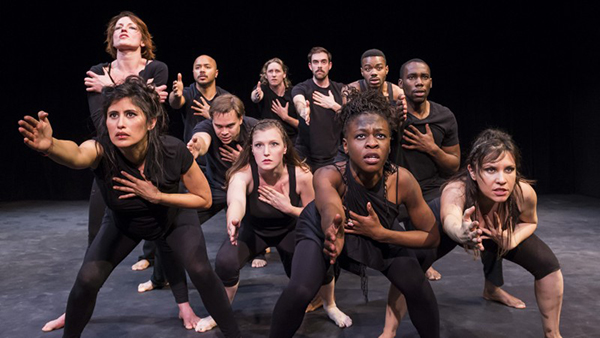
Your personal resources are essential to you as an actor. They will help you develop a better understanding of yourself and enhance your your insight into our world of images, sound, color, patterns, forms, and movements. You cannot reach your potential in the theatre without exploring your personal resources and using them daily.
- Lesson 1 - Imagination - is the power to create ideas and pictures in your mind
- Lesson 2 - Concentration - is the ability to focus and pay close attention to details
- Lesson 3 - Observation - is the power of seeing and taking notice of the environment
- Lesson 4 - Sensory Awareness - is the ability to use sight, sound, touch, smell, and taste to become conscious of your environment
- Lesson 5 - Movement - is the transformation of ideas into action.
Other online resources:
- Seven movement techniques- actors, yes actors, should know these seven
- Sense Awareness Exercises from the Viola Spolin Games Online
Developing Your Voice
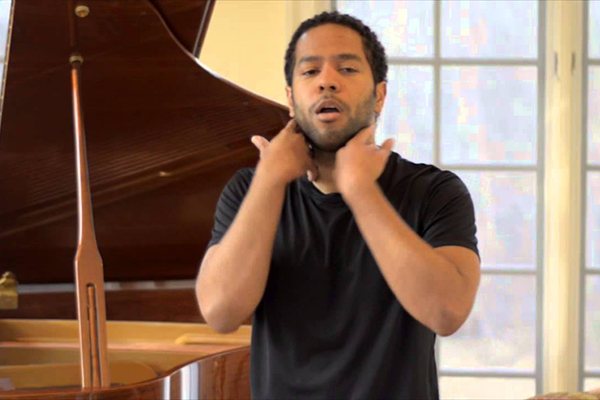
The voice is the foundation of an actor’s art. Effective vocal communication is important not only onstage, but also at home, in the classroom — wherever you want people to understand what you are saying. A voice that is used effectively conveys a wide range of emotions and reflects a person’s personality, moods, and attitudes. A well-trained actor with an effective voice knows the importance of the following ten elements: relaxation, breathing, quality, pitch, flexibility, articulation, pronunciation, volume, rate, and projection.
Improvisation
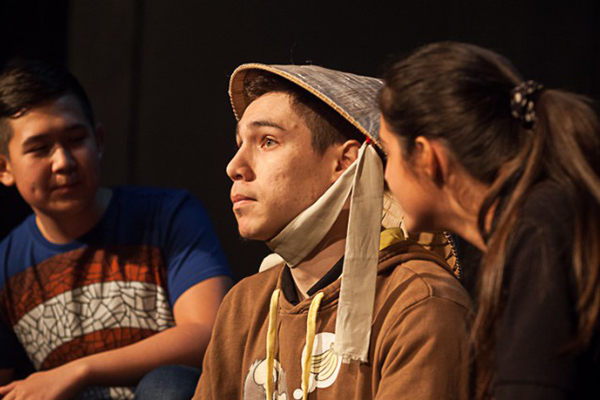
This unit will introduce you to a style of unrehearsed, unscripted theatre called improvisation. In improvisation, the actors bring imaginary circumstances to life through action and dialogue. Thus, improvisation is a form of acting.
Characterization
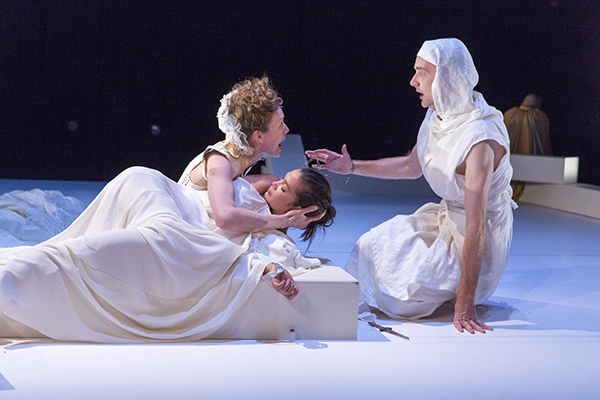
One of the most exciting parts of theatre is to have the opportunity to “try on” and experiment with different characters. Professional actors know that there are techniques they can use to make the characters they play seem real. These trained actors know that their inner thoughts and outward actions work together to develop a character that the audience believes is real. Actors find it is enjoyable, yet challenging, to use the mind, face, body, and voice to think, talk, act, and react like someone else.
Taking the Stage
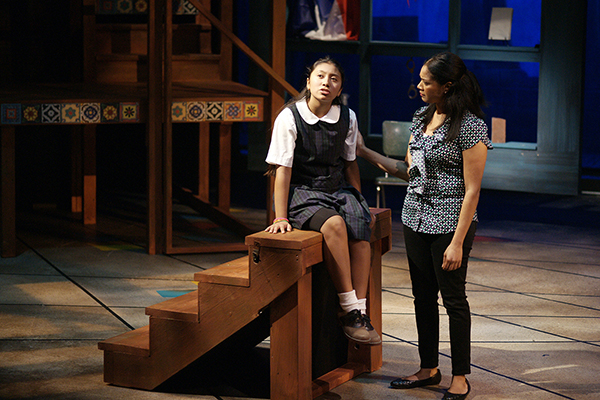
In this unit you will learn some of the basics of being in a play. Some teachers may start the class with this unit.
- Lesson 1 - The Structure of Plays - analyzing dramatic texts
- Lesson 2 - Preparing Your Role - memorizing lines is just a start
- Lesson 3 - Types of Stages
- Lesson 4 - Stage Terminology - knowing what to exppect in the rehearsal studio
- Stage Movement - an overview of stage movements
Other online resources:
- Backstage is a valuable online resource for casting announcements and professional resources, including:
- Casting Call - Open Casting Calls and Auditions
- Call Sheet - details about thousands of top casting directors, talent agents, managers, production companies, theaters, schools, film festivals, open mikes, and more.
- Acting 101 - Not an online class; more like the basics for professionals and amateurs: info on head shots, finding agents, unions and more.
- Backstage for Kids
- ArtJobs is a valuable online resource for Theatre and Stage Jobs. Performing arts careers. New employment opportunities in film and entertainment.
- Organizations: